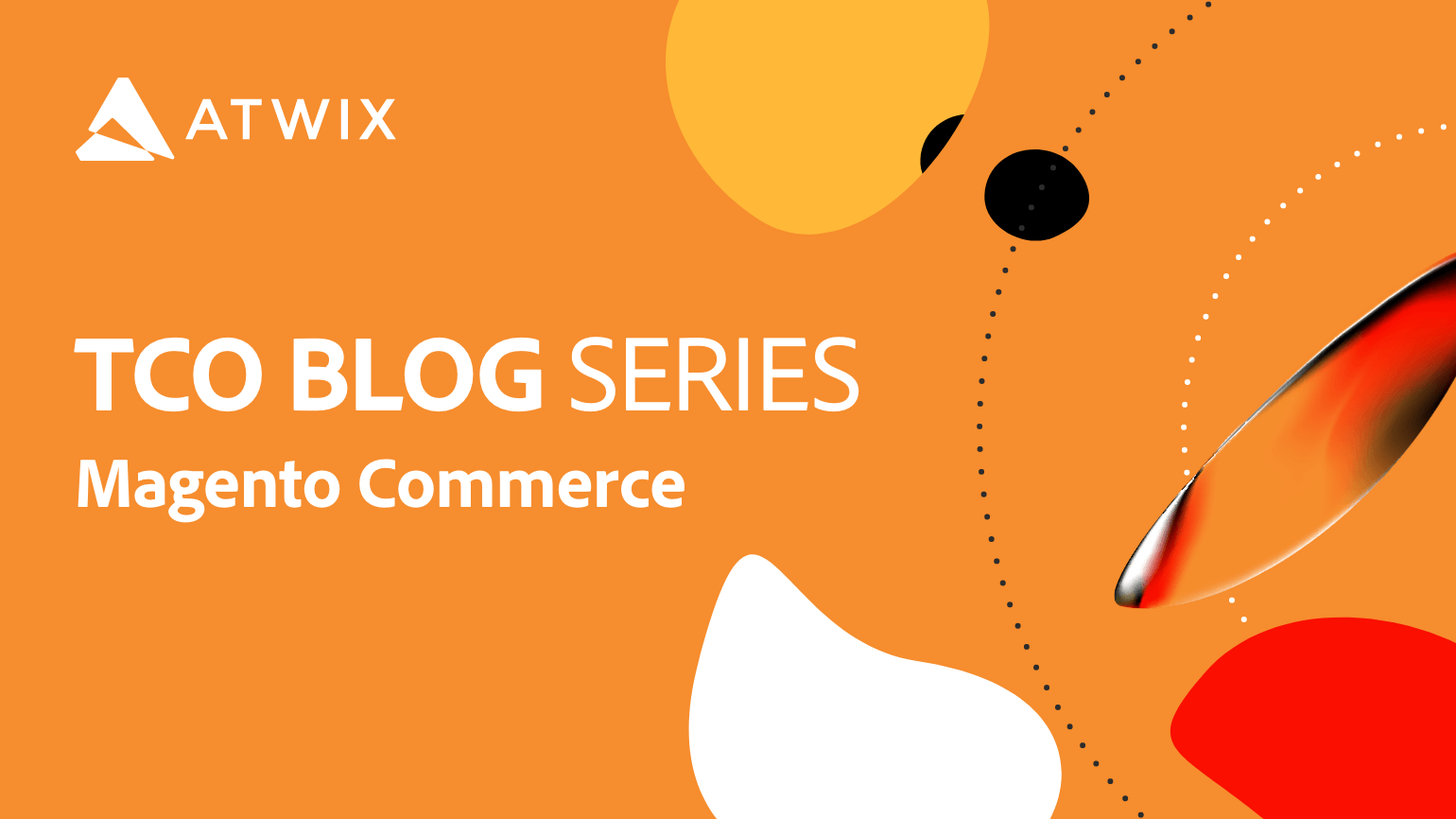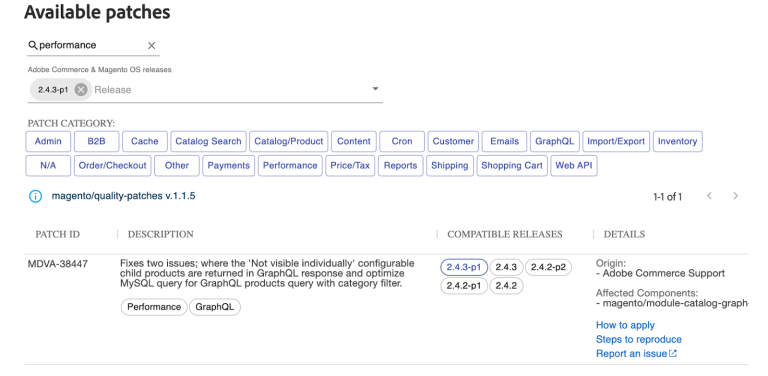
Magento’s open source heritage has always put it at the bleeding edge of commerce innovation by empowering a global community of partners and developers to customize and extend its core capabilities to a wide range of use cases, industries, marketplaces, languages, and regional requirements. This has given Magento merchants a great deal of flexibility to evolve their customer experiences and chart their growth as quickly as their business needs shift. The unprecedented move to digital channels in the face of COVID-19 has put a premium on such speed and flexibility.
For example, being involved in GraphQL development as a backbone of Progressive Web Apps enables contributing engineers to gain a complete and up-to-date understanding of Magento PWA implementation specifics.
It’s allowed us to match our work experience across different merchant use cases and to provide feedback to Magento Architects and Product Managers, helping them design, as well as validate, their assumptions against real world cases.
Roadmap visibility and product influence
Knowing that a particular change is coming up in the next Magento release could eliminate a need to invest into custom development, saving time and money for a merchant. For example, contributing to continued GraphQL coverage in Magento 2.4.1 makes it possible to time a new front-end release with a Magento update that powers it on the back end.
Along with certifications, this is an additional resource for merchants as they look to align their eCommerce development needs to the expertise and experience of a solution or technology partner team.
In 2017, Magento launched an innovative program to facilitate and orchestrate all the great code contributions from across the global Magento ecosystem. The Community Engineering program provided a framework to connect developers – inside and outside of Magento – and to bring us all closer together in a more open and collaborative environment.
The Magento Community Engineering Program extends beyond code contributions to documentation. While contributing to DevDocs, both technical and non-technical contributors get a chance to expose themselves to very different parts of Magento they might not have experienced during their daily work. This helps to both increase their skills and get a wider perspective of the platform, allowing them to better advise customers and offer solutions with a more complete picture.
Rapid adoption of innovation and learning curve acceleration
These insights have been great door-openers for us and have given our team new opportunities to work with merchants looking to push the envelope. In kind, we’ve been able to share our insights with clients on how upcoming features and changes can be used to help with challenges and goals they are working to tackle.
Naturally, partners who work with Magento closely often come across early access opportunities. Adobe has a beta program for every Magento release where partners who are part of the Adobe Solution Partner program or Adobe Exchange Partner program (for tech partners) get early access to code. This becomes especially valuable as Adobe’s wide portfolio of products gets connected to the Magento world.
One notable example is Adobe’s AI engine – Sensei. One of Atwix’s clients, Wyze, has been an early adopter of Sensei-powered product recommendations, allowing them to already reap the benefits of this innovation before it was generally available.
Last but not least, the Community Engineering program offers a transparent way to validate someone’s experience. This applies to both individuals and agencies. There is an open rating of contributors, and Adobe also gives credit to all contributing partners in its release notes.
Early access to new features
As these dynamic times accelerate eCommerce roadmaps and delivery timelines, partnership and collaboration are more important than ever. Adobe maintains an up-to-date list of Magento contributors, featuring over 50 system integrators that are active in the Magento Community Engineering program throughout the year. Watch this webinar to learn how Atwix is applying its insights from its Community Engineering contributions to clients like Wyze and their work to prepare for high-volume holidays,
With each new version of software comes new features and improvements. It is also not uncommon to introduce architectural changes that affect how modifications and third-party integrations work. Of course, Magento is not an exception.
Timely reporting and updated documentation
By contributing to Magento code, developers quite often work on those features and changes that are going to be introduced in the future. Therefore, when a new release comes out, contributing partners are already well aware of the changes and, moreover, have firsthand experience working with them through the Community Engineering program.
Access to top talent and proven expertise
As a top contributing partner to the Community Engineering program, it has been great for our developers to work in close collaboration with the Magento Engineering team to push both Magento’s capabilities and the expertise of our team to new levels.
Atwix is the #1 contributing partner to Magento over the past three years, and is heavily involved in the Magento Association, a nonprofit organization whose mission is to advance and empower the global Magento community. Slava Kravchuk currently serves as a board director for the Magento Association, and Josh Berman served as its founding executive director.
It has allowed our team at Atwix to be more involved and play a role in the development of new features on the Magento roadmap, contribute to performance improvements, and extend Magento capabilities.
About Atwix and the Magento Community
This enables contributors to pass on valuable time and cost savings to merchants since they already have experience or have actually built the functionality that is just getting released as a part of the core.





